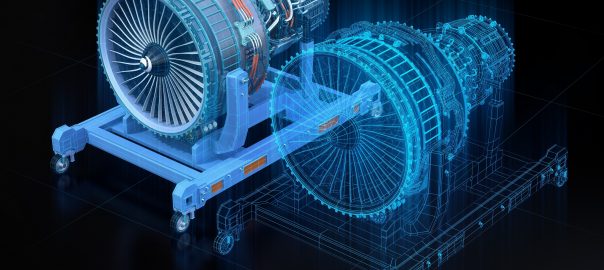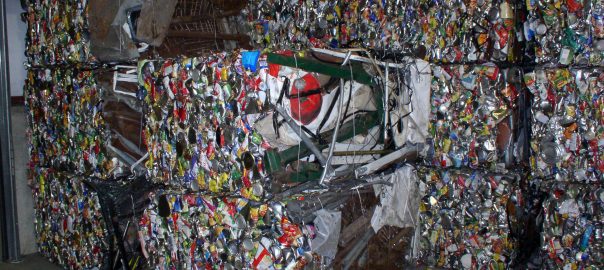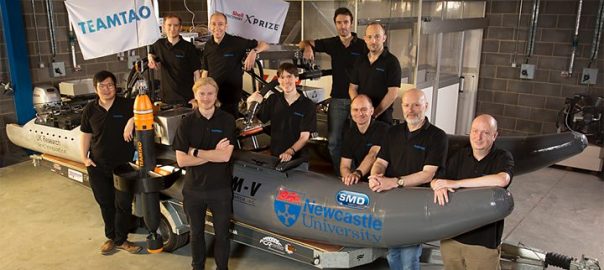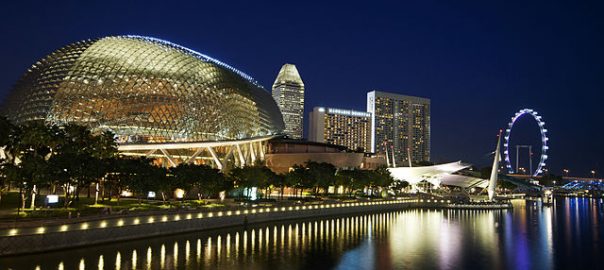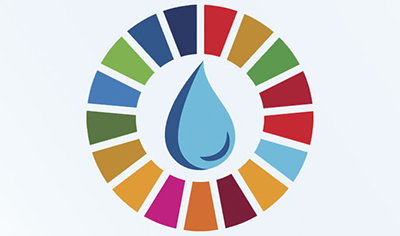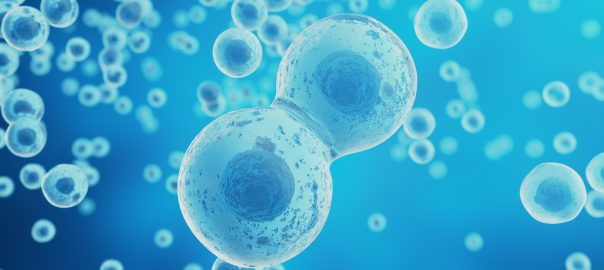Engineering sustainable solutions to the world’s water problems is not a pipe dream, people have been doing it for centuries. Water is the essential ingredient to life. But how water is valued globally is in need of a complete overhaul if we’re going to get serious about addressing global challenges that threaten our own species as well as others.
Fortunately, there are many innovative and common technical and social solutions to water resource problems that affect all countries, but especially low to middle-income ones.
Here are some key examples:
- Working towards and promoting alternatives to open defecation.
- Installing low-cost wastewater treatment systems that can be maintained locally.
- Addressing flooding in cities and rural areas using green infrastructure.
- Digital sensing networks that provide evidence for making decisions about water locally.
- Wastewater to energy technologies for generating low-carbon energy.
- Pathways to universalising essential water services.
Engineering is necessary to delivering all these as well as similar solutions, but applying them has much to do with context and meaningful interactions with all stakeholders involved.
Continue reading To engineer sustainable solutions for water – value it differently

